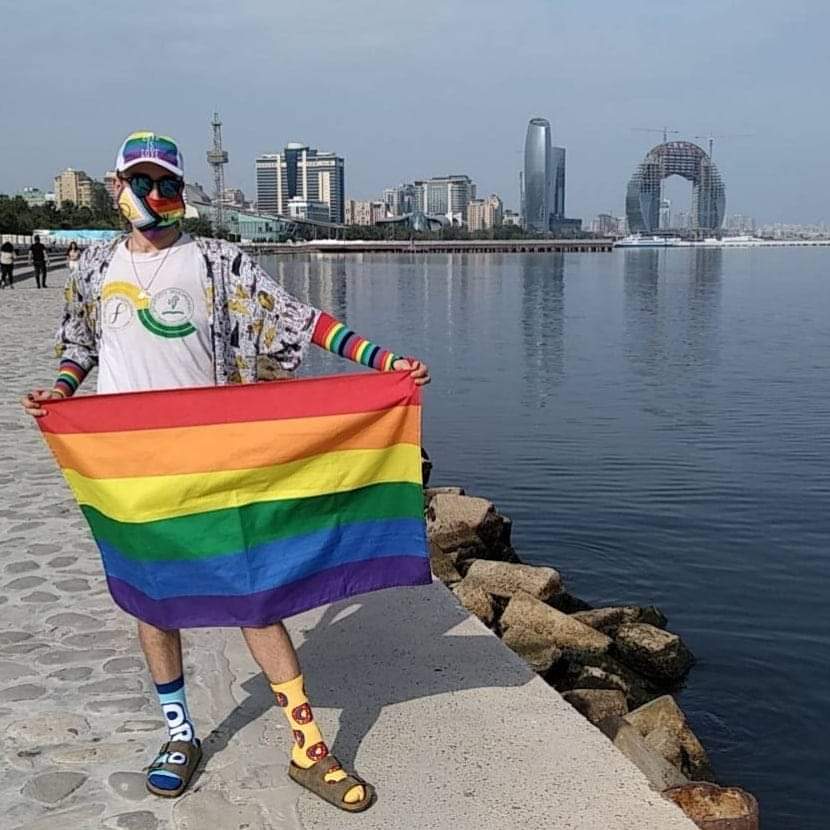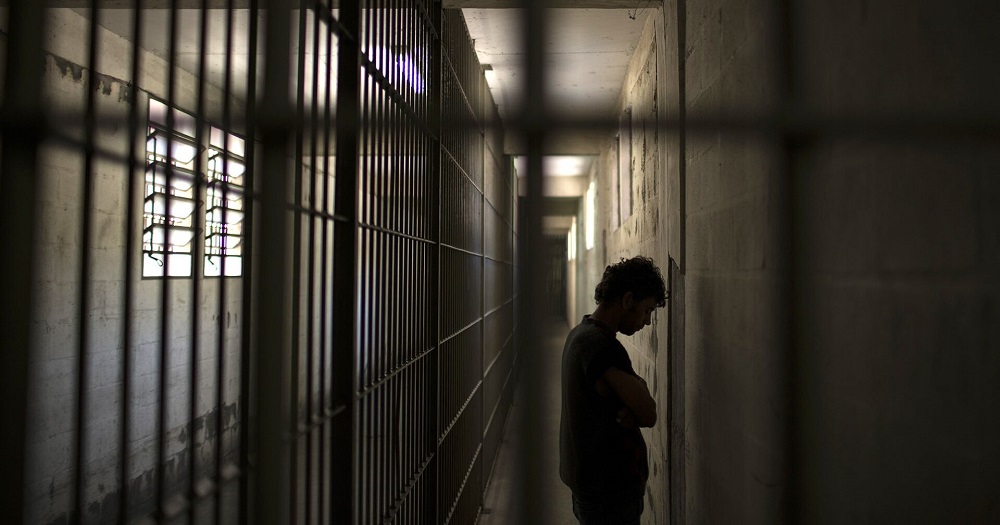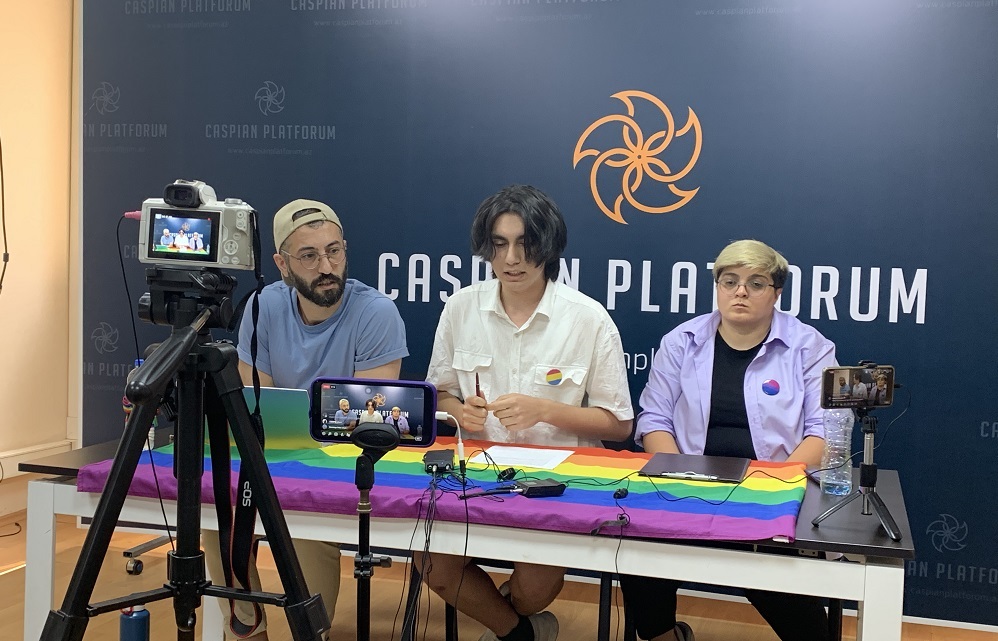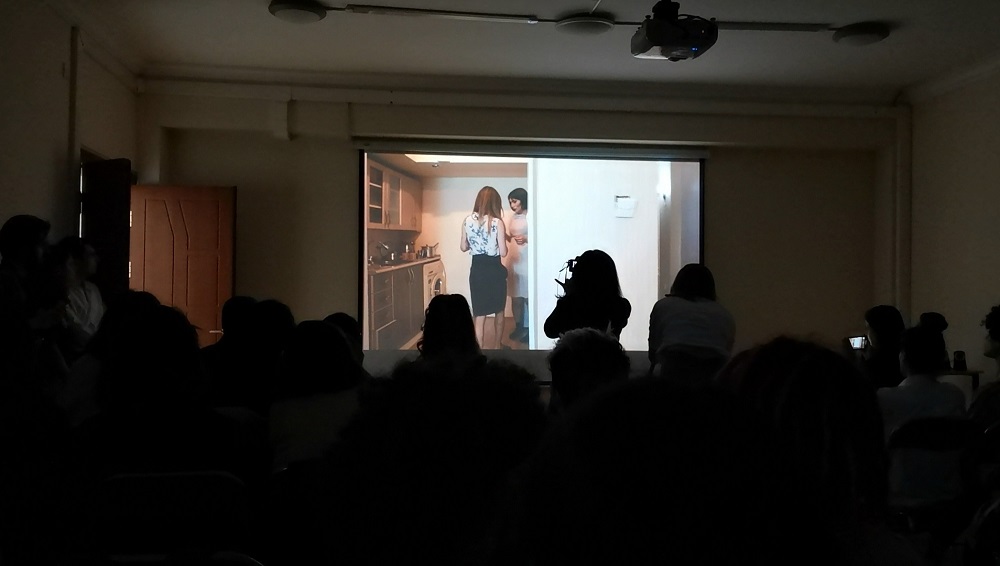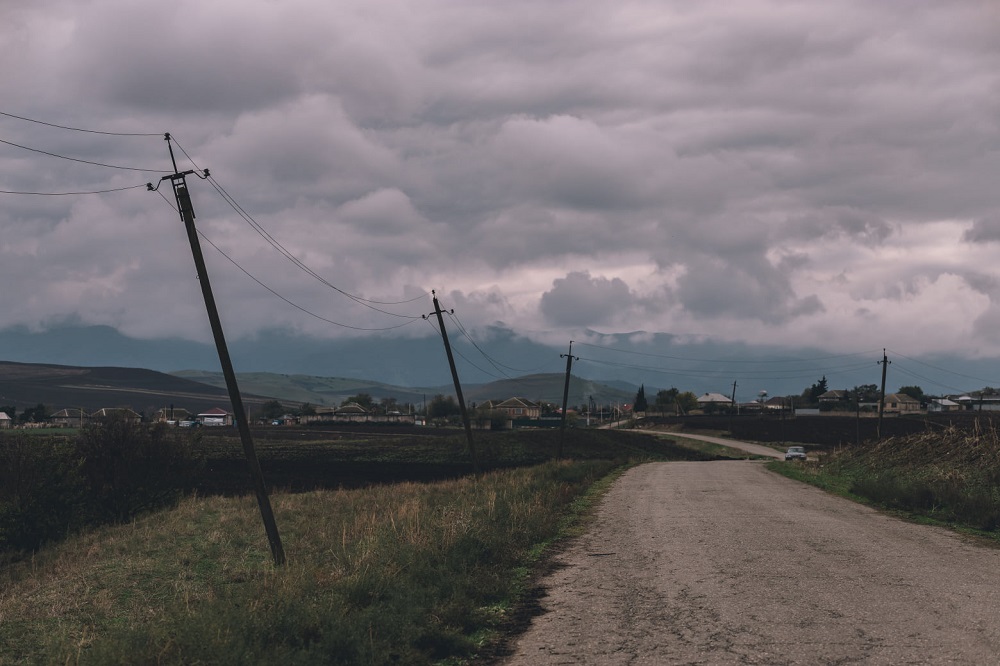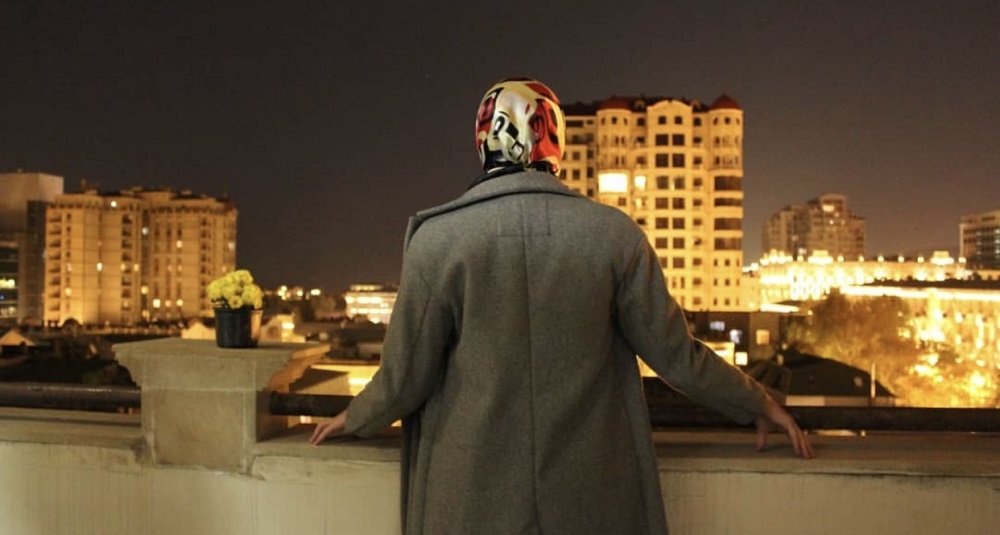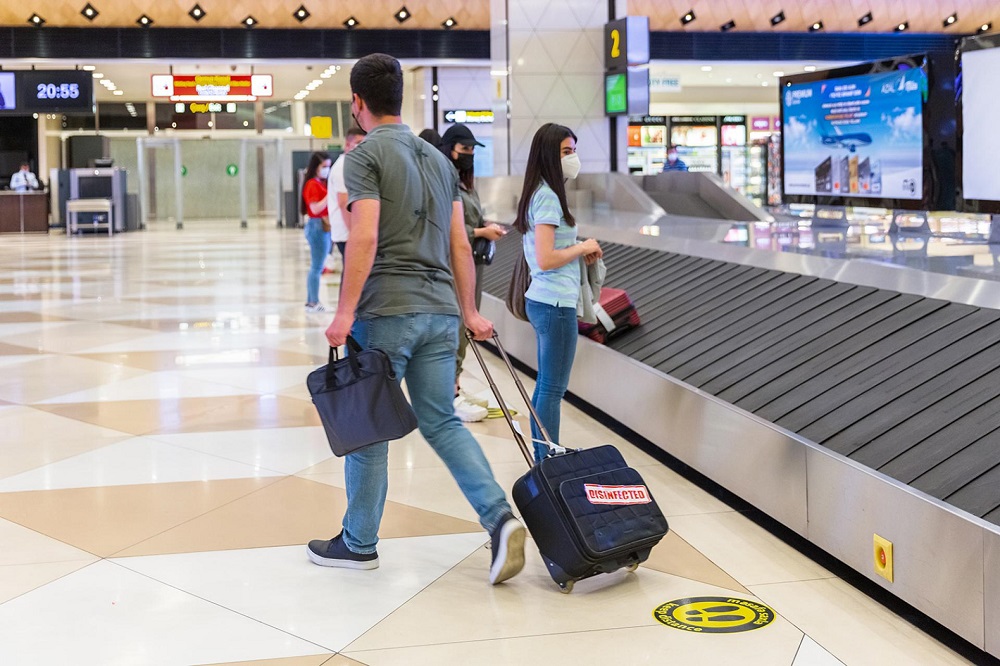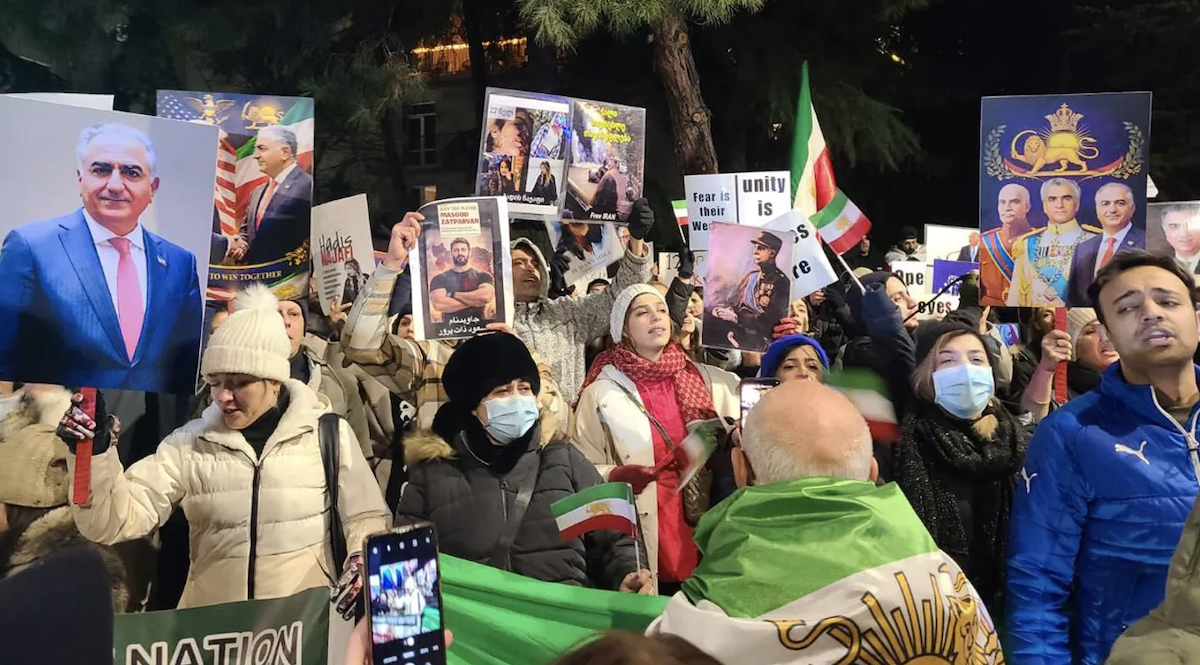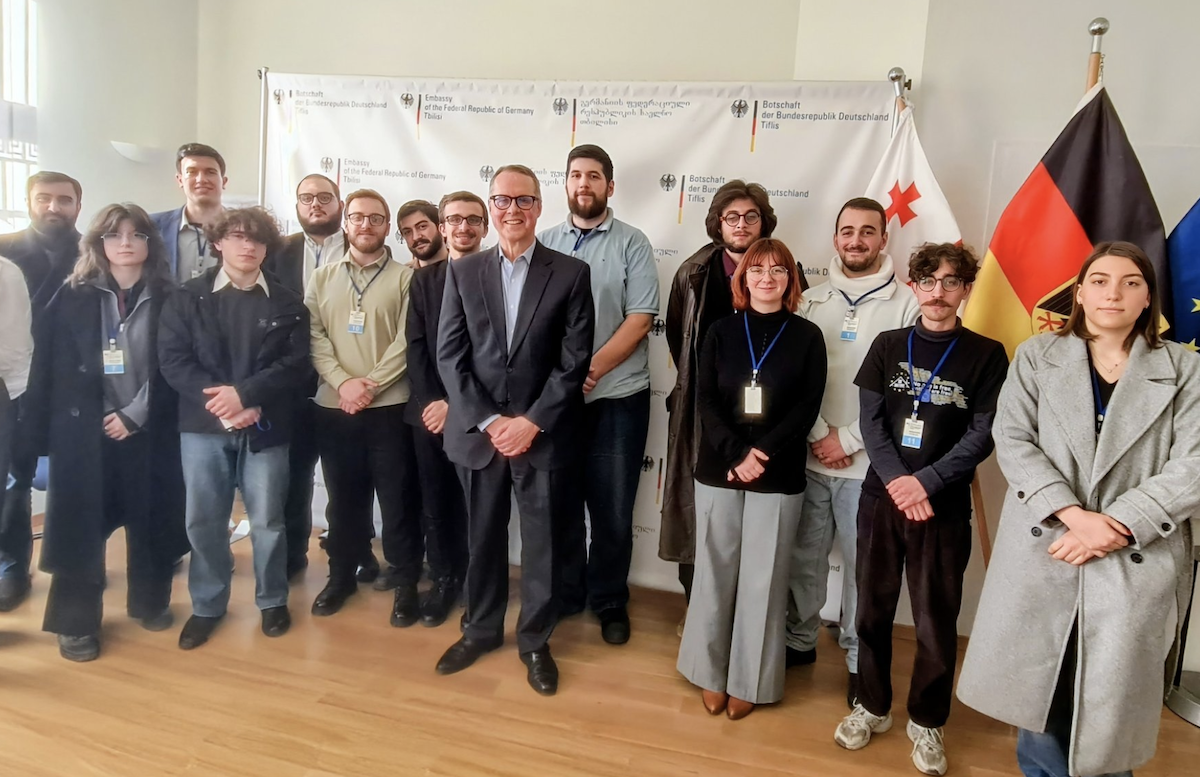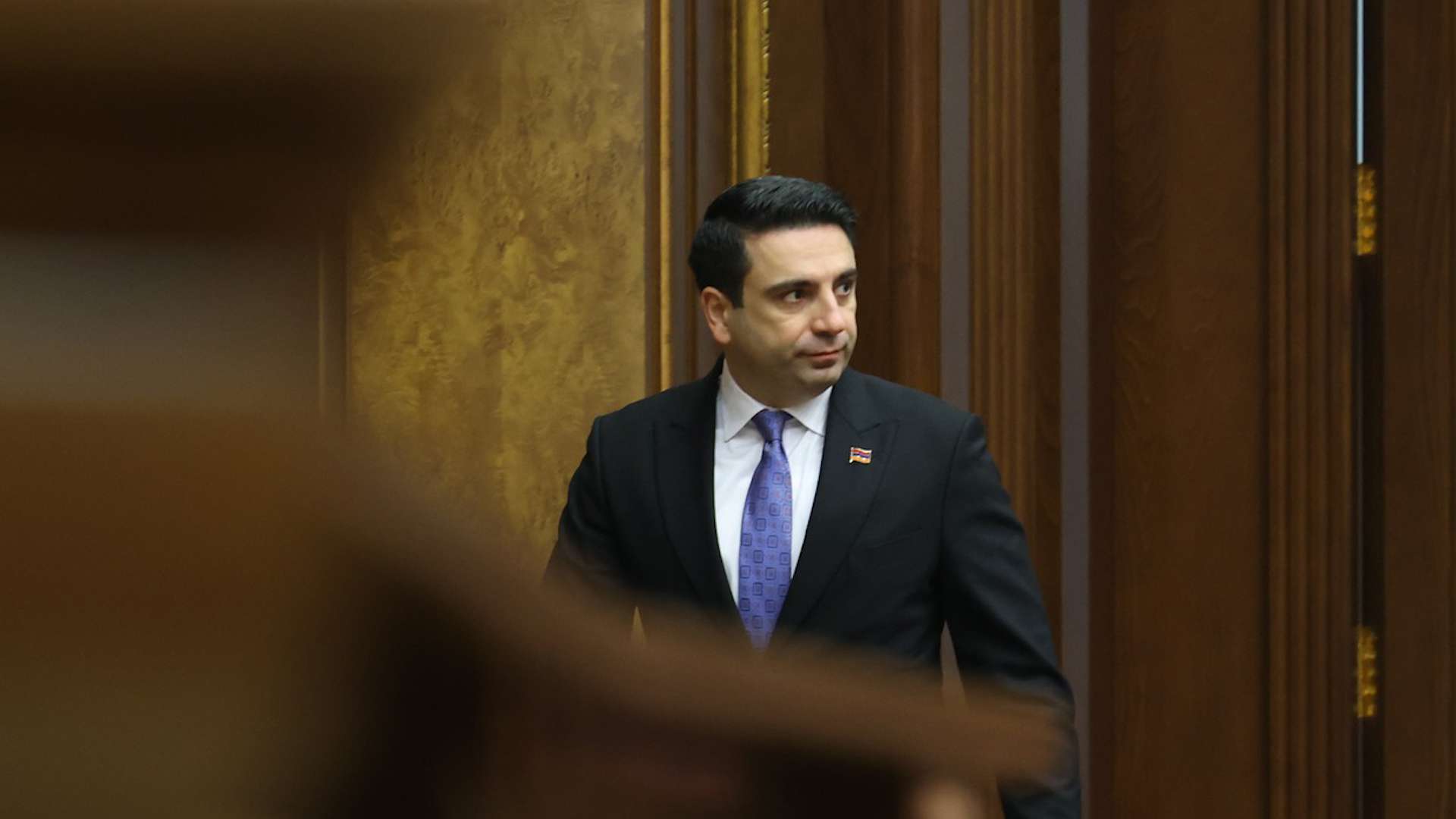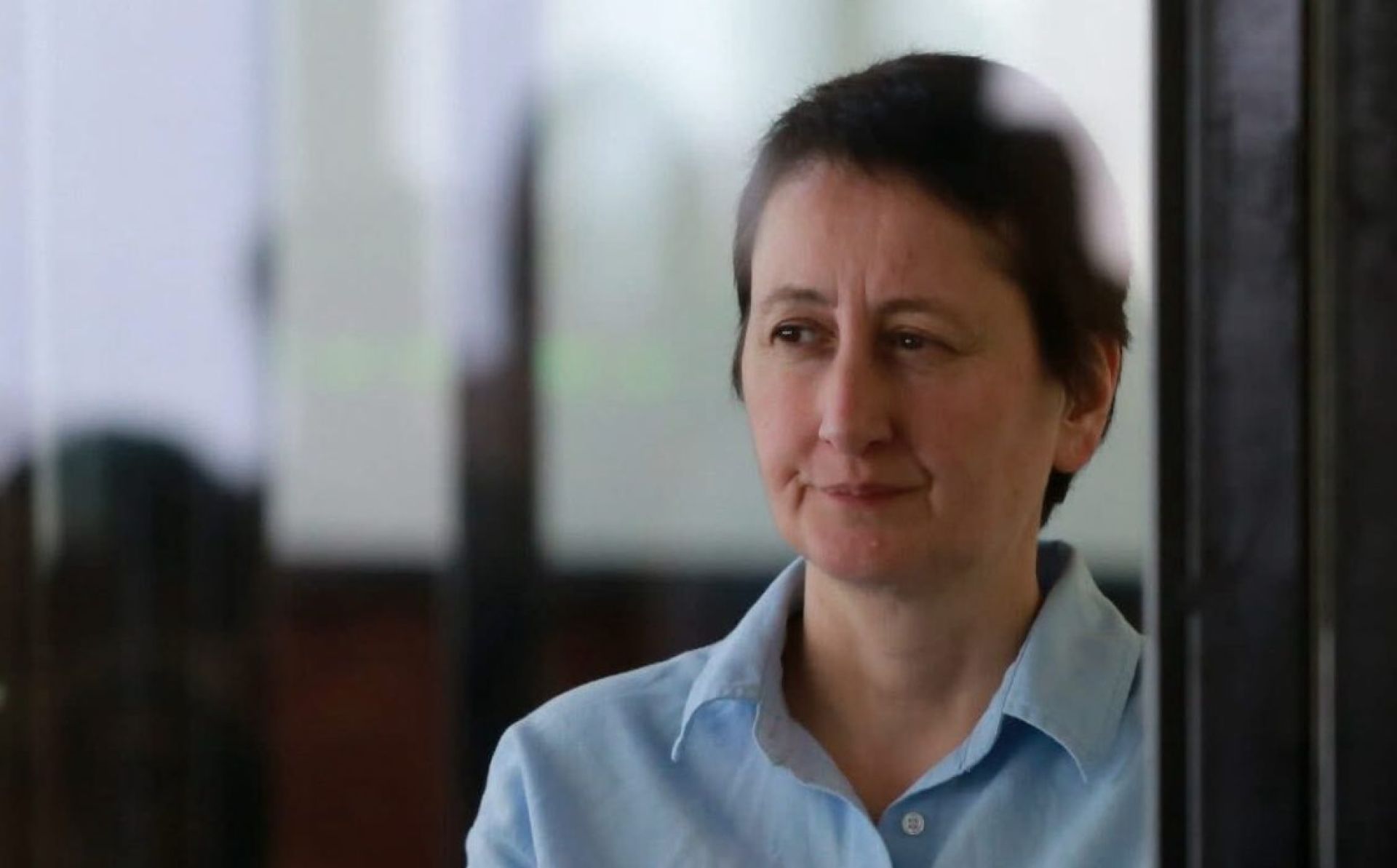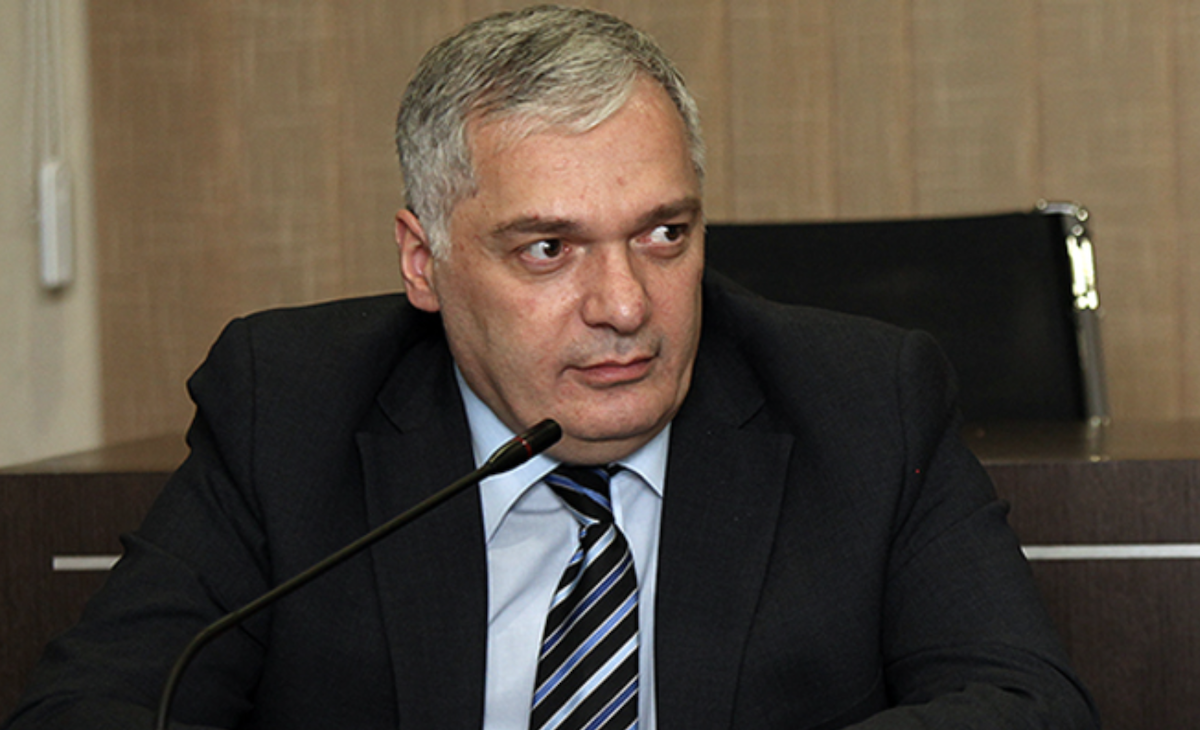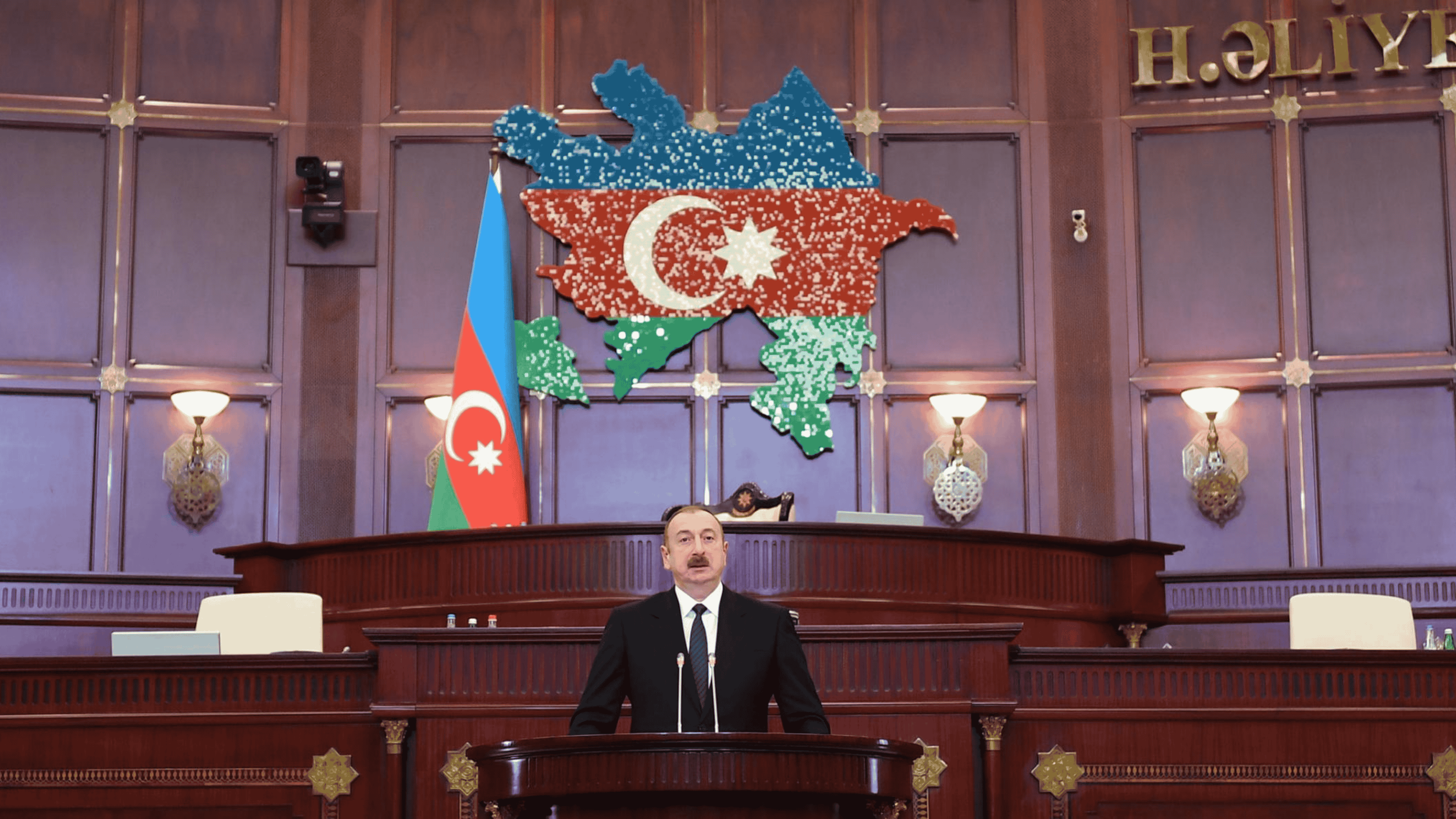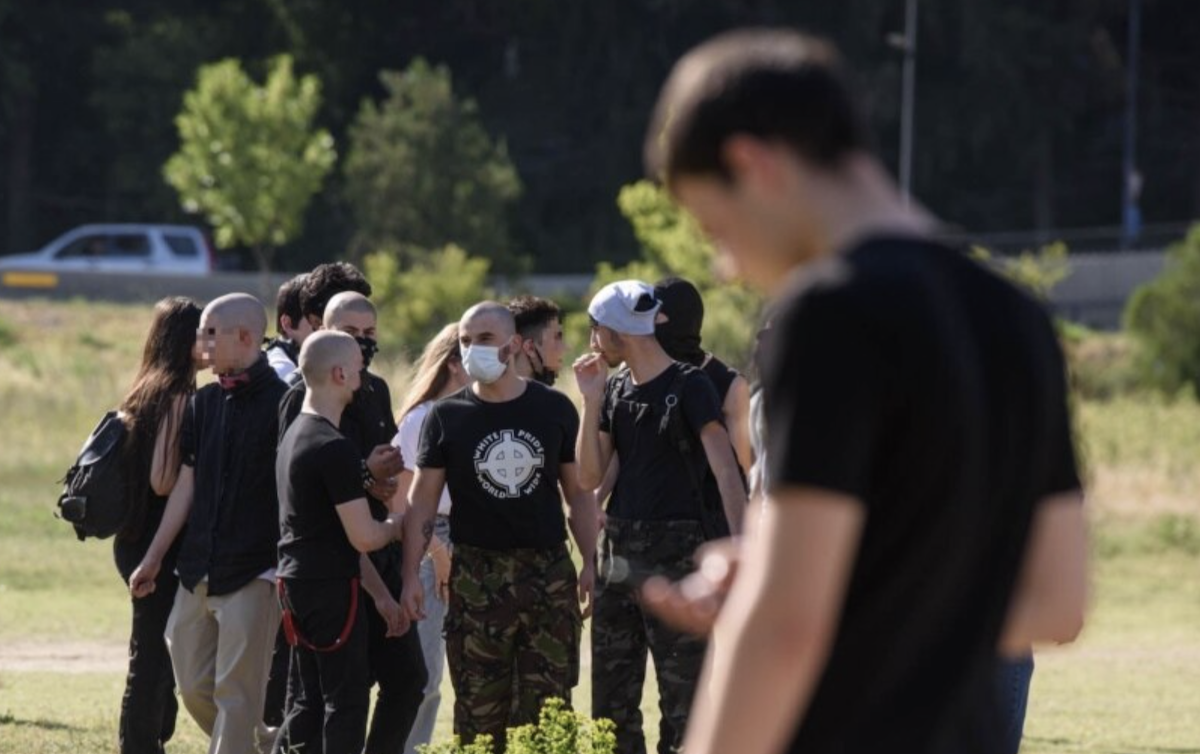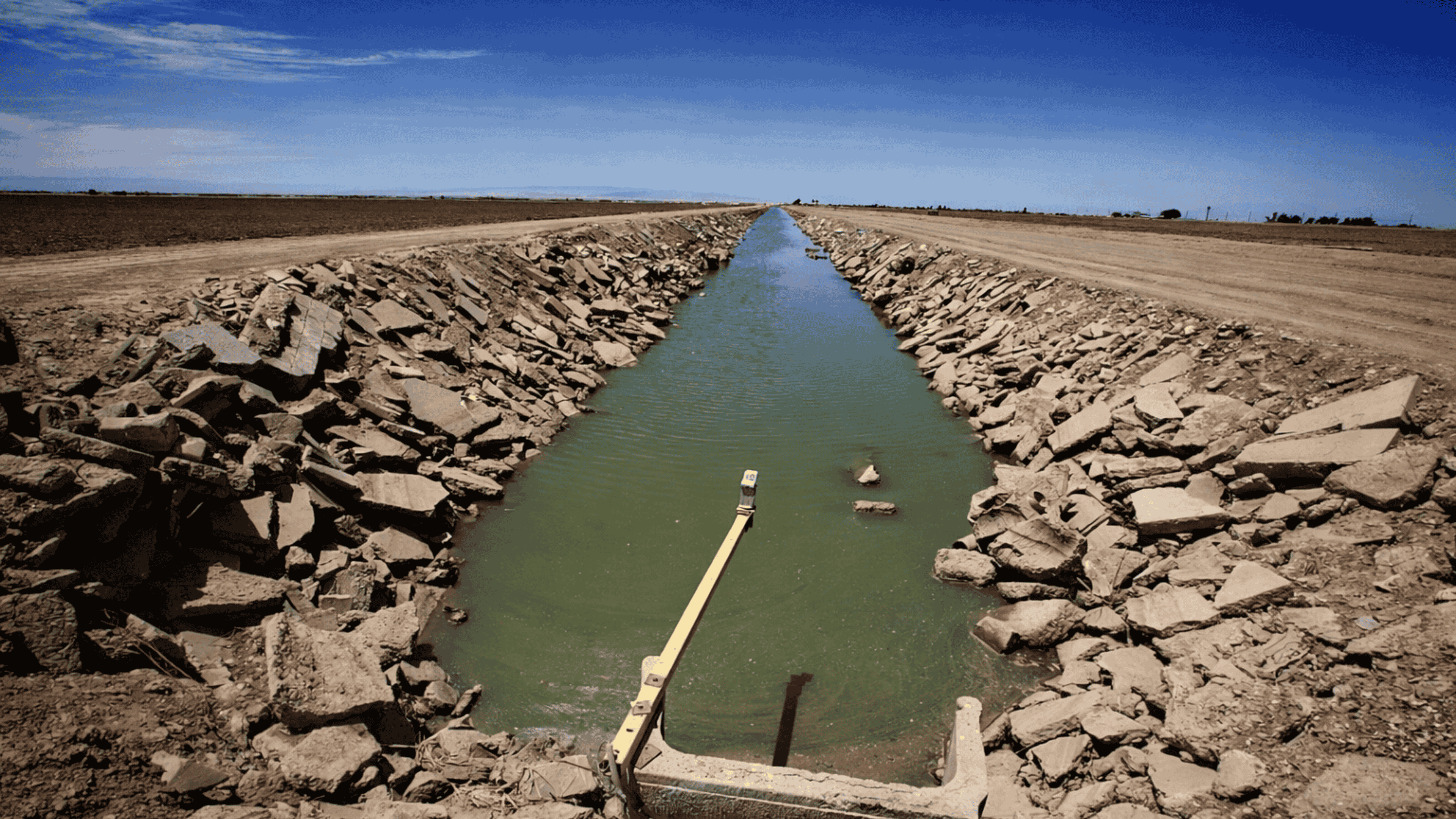Queer media in Azerbaijan
Queer media in Azerbaijan
In response to a lack of space for problems faced by LGBTQİ+ citizens in Azerbaijan, queer people have created various media and platforms for the purpose of self-expression.
Many of these projects have suspended their activities due to material or psychological reasons. Others, although at times with interruptions, have kept going, but do not feel confident about the future.
- Bible or business more important in school? Discussion in Abkhazia
- Why is Azerbaijan against the OSCE mission on the border with Armenia? Comment from Baku
- Zatulin and Simonyan banned from Armenia
Material problems
One queer project is Transvisionary, created by Vusala Hajiyeva in 2021. According to the founder, there was no information portal in Azerbaijani for transgender people. So she decided to create Transvisionary as an audio-visual platform covering transgender issues.
“There was not a single base for transes to get information. For example, who transgender people are, how to start the transition, etc. Our goal was to have at least some information base for these people,” she says.
Transvisionary, periodically informing its viewers via Instagram and YouTube on questions such as “What is misgendering?”, “What to do before hormone replacement therapy for the benefit of the body?” etc., in March 2022 suspended its activities due to financial problems.
Vusala says she wants to continue the project in a different form with podcasts on transgender events.
But for this, constant funding is essential. She does 80% of all work on the project herself:
“It takes a lot of time. Either I have to do this work, or have something from this in order to continue it. On another occasion, I have to put a project on hold and do something else to make a living,” she notes, adding that she cannot afford to devote most of her time to volunteer work. “We have to live, and we don’t have the luxury of working for free all the time.”
Divisions among the queer themselves
Another platform, IDAHOT, was created in 2020 to celebrate Pride Month.
“The first thing we did at the beginning of the project was collect video information about pride marches from neighboring countries. For example, marches in Russia and Turkey. We did this on a voluntary basis, we did not receive any financial assistance,” says one of the creators of the project, Lily Nazarov.
On May 17 of the same year, on the Day of the Fight Against Homophobia and Transphobia, Lily Nazarov, together with a teammate, celebrated this date by walking through the streets of Baku with balloons with the inscription “Equality is a value” and LGBTQİ+ flags.
“On this day an attempt was made by several LGBTQİ+ activists to sign up for another innovation, to break stereotypes, and despite the psychological pressure young people managed to raise the flag of pride!” — reads a message posted on IDAHOT’s Instagram page.
But a little later they suspended their activities.
According to Nazarov, within queer society in Azerbaijan, activists cannot get along with other activists, or the opinions of queer people do not coincide with the opinions of civic activists, and such initiatives get bogged down.
“Queer culture is taking its first steps here. Until this culture has formed, people cannot separate their relationships in their personal lives from work. Our goal should be to focus on queer rights, not their personal conflicts,” he notes.
Nazarov thinks activists should show solidarity on major issues. Only in this way can they free themselves from solitary activity.
“We do not have enough strength to come together and work on issues. This is what the system needs. The system weakens you and says you see, you can’t do anything. And we are discouraged, we lack strength, things remain unfinished,” he says.
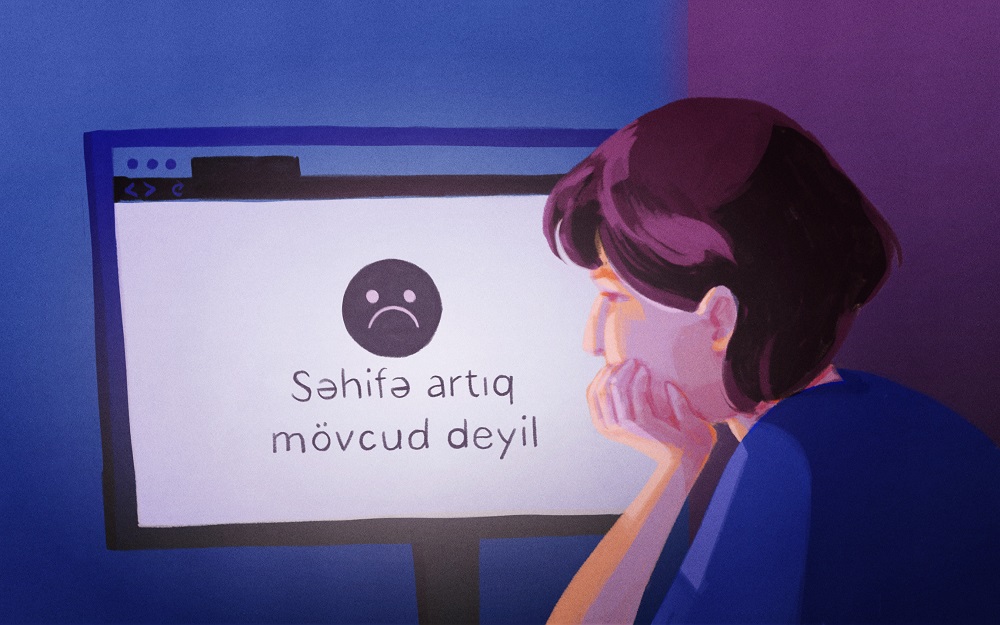
Unenviable position in the rankings
The violation of the rights of LGBTQİ+ and the lack of a mechanism for their protection in Azerbaijan is reflected in reports of local and international organizations. For example, for a year now the İLGA-Europe organization has put Azerbaijan in last place, 49th, in the ranking due to “virtual lack of legal protection.” When creating this rating, the European organization takes into account equality of rights, the number of crimes based on hate and hate speech, discrimination, and legal recognition of gender diversity.
According to Freedom House’s 2022 report on political and civil rights, Azerbaijan ranks among the “not free” countries. And in the rating of “Reporters Without Borders” for the current year on the index of press freedom, Azerbaijan ranked 154th among 180 countries.
Azerbaijan’s first queer media
The history of queer media in Azerbaijan begins in 2011. It was in that year that LGBTQİ+ activist Ruslan Balukhin founded the website Gay.az, which for the first time covered issues and problems related to queer people and their rights. The site is in three languages – Azerbaijani, Russian and English, but social media activities are carried out only in Russian.
The first LGBTQİ+ magazine in Azerbaijani, Minority, appeared in 2015. In the first three years of its activity, the journal was published nine times. It then became an information portal.
Samed Ismailov, one of the founders of the magazine, says that for the first 3-4 years the magazine worked without any financial assistance, but then they managed to update the site and engage professional specialists:
“I noticed that we are mostly read by LGBTQİ+. They thanked us for our work. I realized that our main goal should not be education, but sending them a message that you are not alone, we are here, there is media that belongs to you.”
Despite this, Samed recently left the project. According to him, his reason for leaving was the psychological pressure that he experienced during prolonged exposure to and dissemination of news about the persecution of LGBTQİ+. These events began to affect his daily life too:
“An employee sends me a link and I can’t share it. Again someone was killed, somewhere someone was beaten, somewhere a new law appeared, and so on. If you just skim through the Minority news headlines, you’ll see the same negativity everywhere.”
Another founder of the magazine, Gulnara Mehtiyeva, notes that the media never cover LGBTQİ+ issues unless they themselves complain.
“And they can apply to Minority, and we publish such information anonymously, or we indicate that due to the publication’s focus on LGBTİQ + issues, it is not necessary for us whether a person has contacted law enforcement agencies or not,” she says.
“Later, when we publish annual reviews of the situation in the country, prepare materials for international reports, we have archived links, news, evidence at hand, and not just posts on Facebook,” Mehtiyeva says.
Gulnara Mehtiyeva’s social media accounts have been hacked several times due to her activism. After the March 8 feminist action in 2020, the accounts of the organizers of the event were hacked, and this did not spare Minority.
“They removed everything from the Minority page that we had been collecting for 5 years, they even deleted the subscribers. The page itself was also deleted, but then after negotiations with Facebook administrators the page was restored, but without subscribers. In those days I felt very guilty because our 5-year work was gone. This was a serious blow for me,” Mehtiyeva said, and noted that at times Minority also temporarily suspended its activities due to financial difficulties.
“Without support, our work stops. Members of the community are experiencing things, various events are taking place, and there are problems with their coverage.” According to Mehtiyeva, platforms such as Qıy Vaar and Femkulis may be among the local queer media in the future.
New, but already established
In 2021, LGBTQİ+ activist Ali Melikov created the Qıy Vaar platform, which was able to gather a decent audience in a short time. As part of the project, podcasts are being prepared under the slogan “LGBTQİ + creates content and wants to give you a platform to speak.” And social media publishes news about persecution and facts of pressure on LGBTQİ+.
Melikov and feminist Sanay Yaghmur created a platform called Femkulis in 2020, which operates on social networks. The platform is focused on education on the topic of feminism, the publication of facts of unfair treatment of women and LGBTQİ+.
Why do we need queer media?
According to gender researcher Leyla Hasanova, it is very important to have queer platforms, because as soon as crimes and facts of violence against queers, violations of their political and civil rights are covered and documented in this way:
“Traditional media and the current political regime distort queer realities. And such platforms are limited resources for getting real information about them.”
Lili Nazarov says that queer media is important for visual memory:
“Before, queer people were not talked about, but now they are being talked about, they are openly talking about themselves. Therefore it became easier for people to perceive them.”
Samad Ismailov thinks that in countries like Azerbaijan such media are necessary:
“If we lived in an ideal world, there would be no need for such platforms.”
The material was prepared for JAMnews as part of the Queeradar mentor program.










